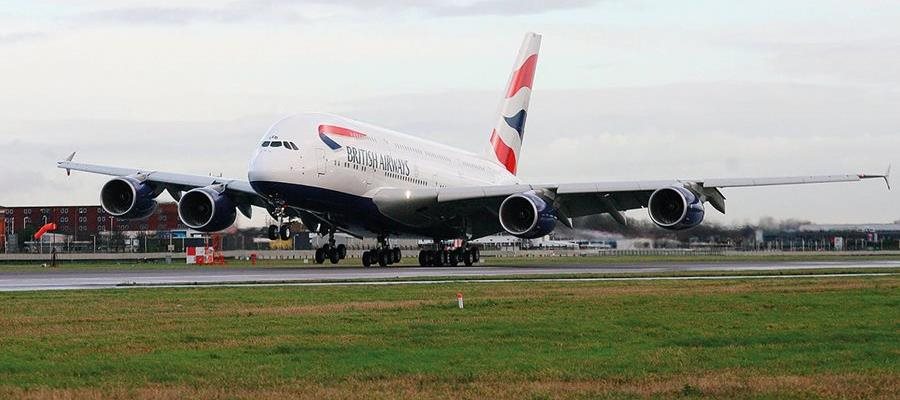🕒 Article read time: 7 minutes
Air freight: achieving sustainable growth

FTA’s air freight seminar held on 27 February delivered a packed agenda and generated plenty of lively discussion. Held at One Birdcage Walk, Westminster, the purpose-built home of the Institution of Mechanical Engineers, Elizabeth de Jong, FTA’s Director of Policy, set the scene by outlining the objectives for the day.
As the UK is the first major economy to set a target to achieve net carbon emissions by 2050, she said sustainability – in the wider sense to include issues like noise and air quality – would be high on the agenda.
PANEL SESSION 1: DFT AND ICCAN PERSPECTIVE
With climate change rising on the agenda, representatives from the Department for Transport (DfT) discussed the aviation roadmap, sustainable aviation fuels, aerospace – an area where the UK is a global leader – and how new electric hybrid technology may change the way we travel short haul.
The local impacts of air quality at airports, attitudes to noise and night flights were also explored. It was acknowledged that competing priorities between industry, government and local communities were leading to a lack of trust on key issues.
A spokesperson from the Independent Commission on Civil Aviation Noise (ICCAN) underlined that you cannot deal with sustainability without dealing with noise, and argued that this issue needs to be part of the decision-making process. Independent of industry and government, ICCAN is due to publish a paper on noise metrics and is working with the Civil Aviation Authority to turn technical guidance into practical advice on noise.
There followed the first of three facilitated discussions which explored whether or not there is a case for further government and regulatory intervention to help deliver sustainable aviation.
PANEL SESSION 2: AIRPORTS AND AIRLINES PERSPECTIVE
A representative from Airlines UK, the trade body for UK registered airlines, highlighted that the Sustainable Aviation Decarbonisation Roadmap looked at how much economic output relied on air freight, and identified that the UK was more reliant on air freight than other countries.
If aviation is to achieve net zero by 2050, it can only do this by adopting a partnership approach with government. It was argued that the industry can cut emissions down to near net zero only if a price is put on carbon, as electric plane technology is not going to be available for some time. A spokesperson from the Airport Operators Association, the trade body for UK airports, said that airports have set a range of targets to reach net zero emissions by 2050. The body is working on its sustainability strategy, focusing on air quality, noise and noise impacts.
This panel session was followed by two facilitated discussions during which delegates discussed whether the industry is doing enough to address sustainability challenges and how industry, government, regulators and others can work together to improve the sustainability of air cargo. Elizabeth de Jong closed the meeting by thanking speakers and informing attendees that FTA will be putting together a report on the issues raised.
★www.fta.co.uk/membership/fta-councils/air-cargoforum
Published On: 01/04/2020 11:05:59

Comments Section
If you are a Logistics UK member login to add comments.